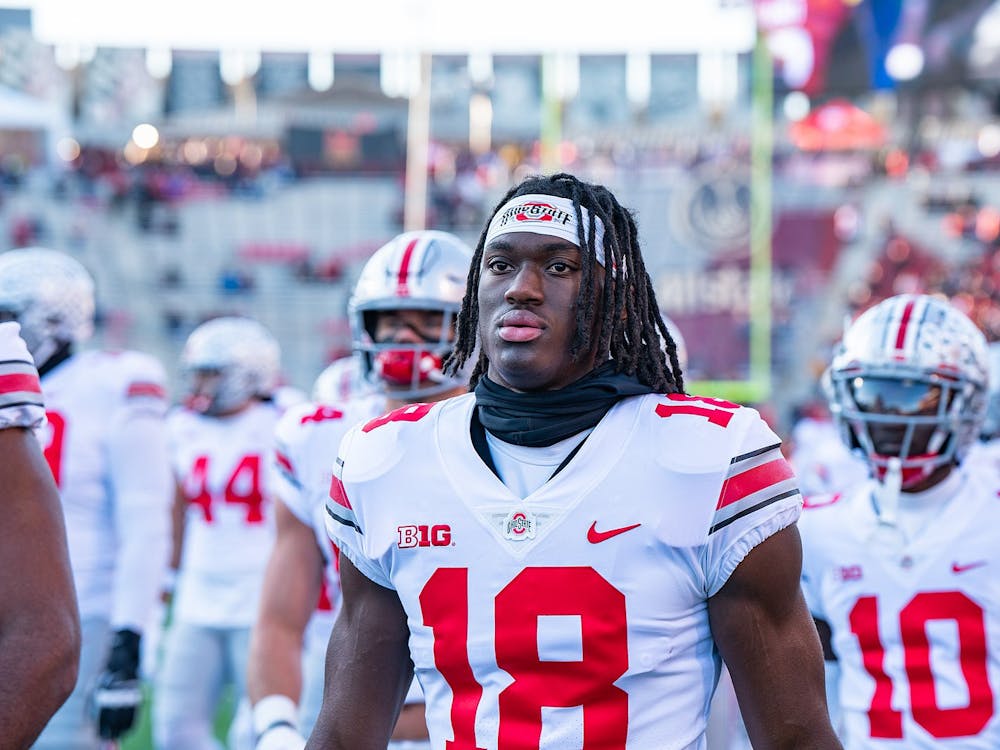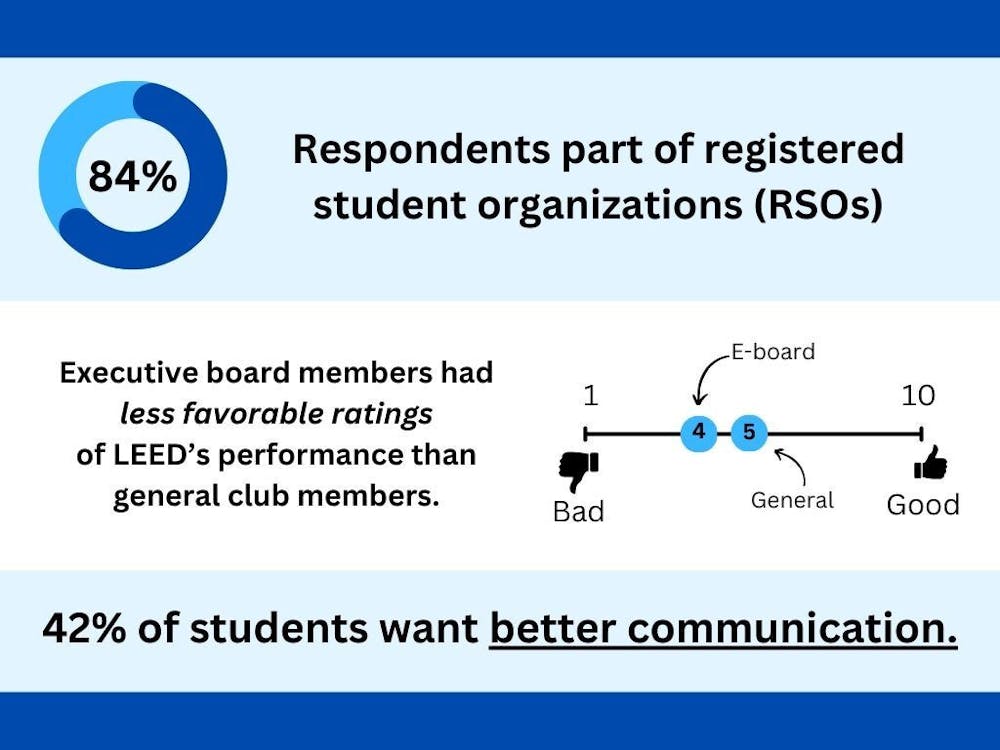You may know Equus as that play with Daniel Radcliffe’s nude scene.
It’s true that the Harry Potter star’s nakedness created a lot of hype back in 2008 when Equus was on Broadway, but Peter Shaffer’s play doesn’t need that kind of sensational advertising to prove its worth.
Last weekend, Equus opened at the Audrey Herman Spotlighters Theatre. It’s not the first time the show has been in Baltimore. In fact, there were a number of productions in the 70s, as well as last month’s revival at the Annex Theater.
Equus is the story of a disturbed seventeen-year-old boy named Alan Strang (Thomas Bowers). Alan has been institutionalized after blinding six horses and is treated by experienced psychiatrist Martin Dysart (Phil Gallagher).
Through many painstaking sessions, Dysart works to uncover the meaning behind the boy’s violent act. As he begins to untangle Alan’s bizarre religious and sexual fascination with horses, Dysart also deals with his own existential mid-life crisis.
Psychiatrist and patient bring shocking secrets to the surface, and in the process, they explore worship, sacrifice and the definition of sanity.
Equus is a dark, intense play, with disconcerting moments of vulnerability and nakedness.
Seen in the Spotlighters’ theater in the round, the characters appear especially exposed. Their demons are examined from all angles as they stand stranded on the small stage.
Shaffer’s play calls for a bare set design; besides the people, there is nothing on stage but three plain benches. (On Broadway, it was boxes, but the benches work just fine.) The theatre is stark except for the six metal horse heads that hang around the edges of the room. These physical objects don’t ground the play in safe reality; instead, they create an atmosphere of dream-like anticipation. And the horse heads look just real enough to be extremely spooky.
Without any scenery or background details to diffuse the pressure on stage, all the focus is on the actors. So it’s a good thing the Spotlighters’ cast rises to the occasion.
The entire ensemble is impressive, but the two leads are especially compelling. Bowers’ Alan alternates from desperate defensive actions to aggressive attacks. He perfectly captures the excitement, confusion and awkwardness that come with being a teenager. Gallagher plays a dynamic Dysart, a man who is caring and invested in his patient, but caught up in his own feelings of discontent. Gallagher is unafraid to expose his character’s selfishness and contradictions.
Another stand-out performer is Kathyrn Falcone as Dora Strang, Alan’s mother. She delivers an excellent monologue on parenthood which brings up the issue of nature versus nurture.
In this heart-breaking scene, Mrs. Strang confronts Dysart and denies responsibility for her son’s pathology. She asserts that Alan made himself the way he is. After her compelling performance, you have to admit that she’s mostly right. It’s clear Alan grew up in a tense home with parents at odds over sex and religion, but lots of people have a less than perfect upbringing, and most of them don’t blind horses.
Alan’s problems can’t be pinned down easily, with a simple “it’s the mother’s fault” diagnosis. Their roots lie in the boy’s own idiosyncrasies as well as his conflicts with modern society.
But one of the most fascinating elements of Equus is Dysart’s nagging feeling that Alan’s horse-centered religion might be good for him. As Dysart contemplates whether or not he should even try to cure Alan, he compares his own situation to the boy’s:
“I sit looking at pages of centaurs trampling the soil of Argos — and outside my window he is trying to become one in a Hampshire field! I watch that woman knitting, night after night — a woman I haven’t kissed in six years — and he stands in the dark for an hour, sucking the sweat off his God’s hairy cheek!
Then in the morning, I put away my books on the cultural shelf, close up the kodachrome snaps of Mount Olympus, touch my reproduction statue of Dionysus for luck and go off to hospital to treat him for insanity. Do you see?”
Dysart is actually jealous of Alan’s passionate experience of worship.
But as his colleague, Hester (Karina Ferry), points out, Alan is in pain. Fixing the boy will sacrifice his individuality to what Dysart calls the god of the “Normal,” but it’s necessary to get rid of some of Alan’s highs in order to purge the destructive lows.
Equus, in all its strange intensity, seems right at home at the Spotlighters Theatre. In this small, understated production, the audience interacts intimately with the play. Along with the characters, spectators are forced to confront religion, conformity and the purpose of psychiatry.
While you probably won’t leave the theatre believing that Alan Strang’s extreme state is preferable, you may wonder just a bit about what it means to be sane and sacrifice your Dionysian self for the “Normal.”
Equus is at the Audrey Herman Spotlighters Theatre through May 5.
















Please note All comments are eligible for publication in The News-Letter.